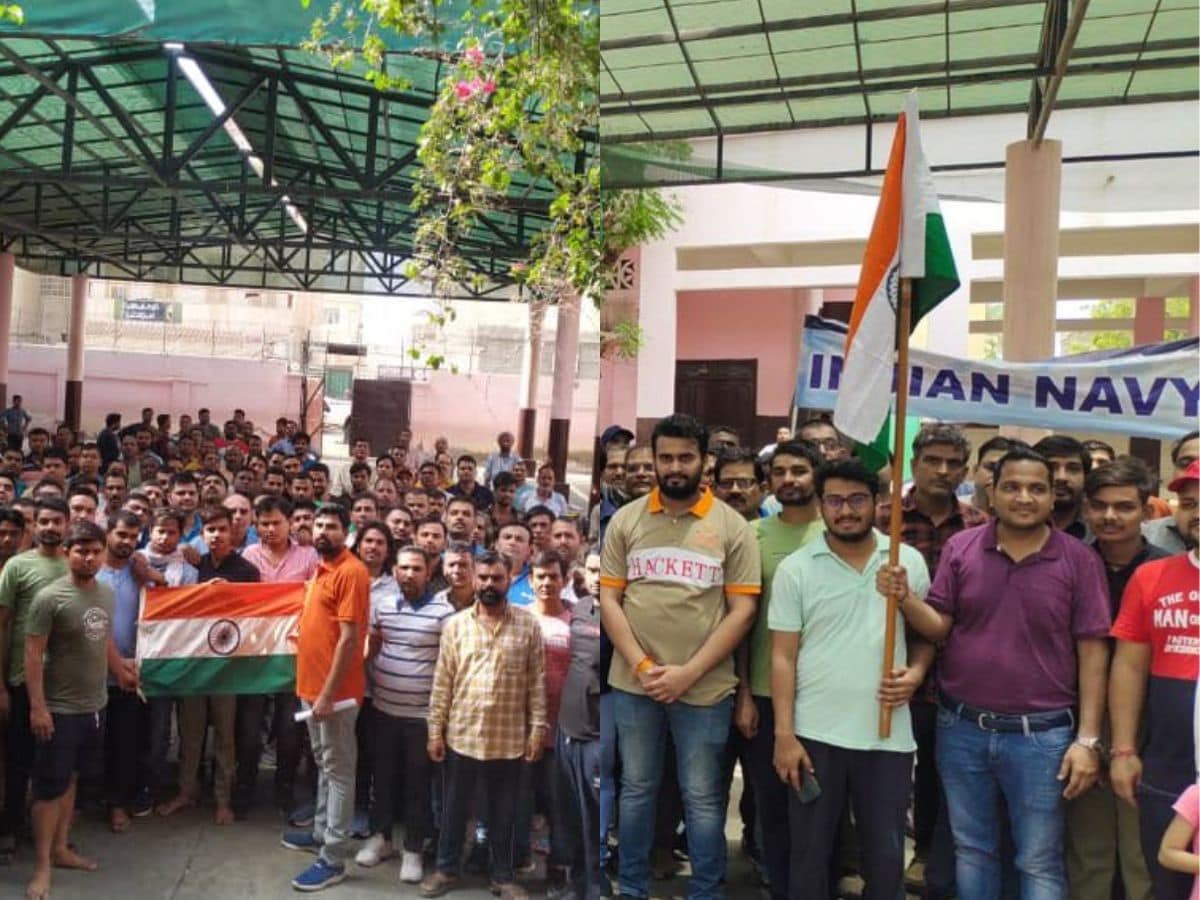Several Indian edtech, gaming, and social media companies have raised concerns about the proposed age-gating provisions in the Personal Data Protection Bill 2019. The proposed legislation seeks to regulate the processing of personal data in India and provide individuals with greater control over their data.
The edtech, gaming, and social media firms have expressed concerns that the age-gating provisions in the bill could have a negative impact on their businesses. The provisions require companies to obtain consent from individuals under the age of 18 years before processing their personal data. The firms have argued that this could significantly impact their ability to provide their services to children and young adults.
Edtech firms have raised concerns that the age-gating provisions could restrict access to their services for students under the age of 18. Many edtech companies provide online courses and study material for students across all age groups. They have argued that age-gating could hinder the delivery of personalized content and recommendations that are essential to their services.
Gaming companies have also expressed concerns that the age-gating provisions could adversely impact their business. Many gaming platforms have significant user bases among children and young adults. They have argued that the age-gating provisions could lead to a decline in their user base and, consequently, their revenue.
Social media companies have also expressed concerns that the age-gating provisions could impact their ability to provide their services to young adults. Many social media platforms allow users under the age of 18 to create accounts with parental consent. The firms have argued that the age-gating provisions could limit the ability of young adults to access their platforms and, consequently, impact their user base.
The firms have also argued that the proposed legislation lacks clarity on how the age-gating provisions will be implemented. They have raised concerns about the potential for confusion and inconsistency in the implementation of the provisions, which could lead to legal challenges and impact their businesses.
Several industry bodies, including the Internet and Mobile Association of India (IAMAI), have raised concerns about the proposed legislation. In a statement, IAMAI said that the provisions could lead to unintended consequences and impact the growth of the digital economy in India.
IAMAI has also called for greater clarity on the age-gating provisions and their implementation. The industry body has suggested that the government should consult with stakeholders to develop a clear framework for the implementation of the provisions.
The concerns raised by the edtech, gaming, and social media firms highlight the challenges faced by companies operating in the digital economy. The proposed legislation seeks to provide greater protection for individuals’ personal data and give them greater control over their data. However, it also raises concerns about the potential impact on businesses that rely on the processing of personal data.
The proposed legislation has been under discussion for several years and has been subject to several revisions. The bill was introduced in the Indian Parliament in December 2019 and has undergone several rounds of deliberations and consultations. It seeks to regulate the processing of personal data by companies operating in India and provide individuals with greater control over their data.
The proposed legislation has been welcomed by privacy advocates who have argued that it is essential to protect individuals’ personal data. However, it has also faced criticism from industry bodies who have raised concerns about the potential impact on businesses.
The concerns raised by the edtech, gaming, and social media firms highlight the challenges faced by companies operating in the digital economy. The firms have called for greater clarity on the age-gating provisions and their implementation to ensure that they can continue to provide their services to children and young adults.
In conclusion, the proposed age-gating provisions in the Personal Data Protection Bill 2019 have raised concerns among edtech, gaming, and social media firms in India.










